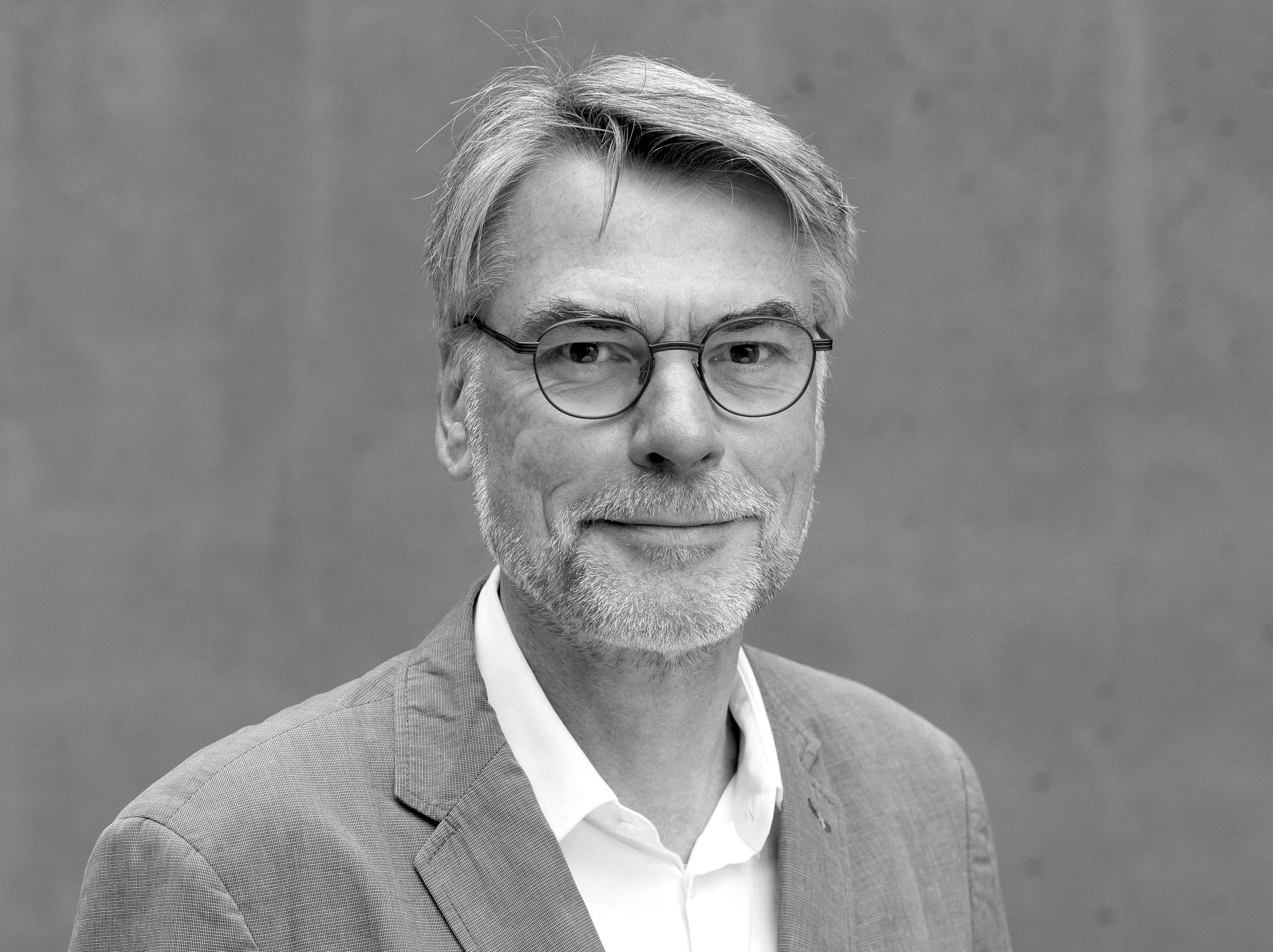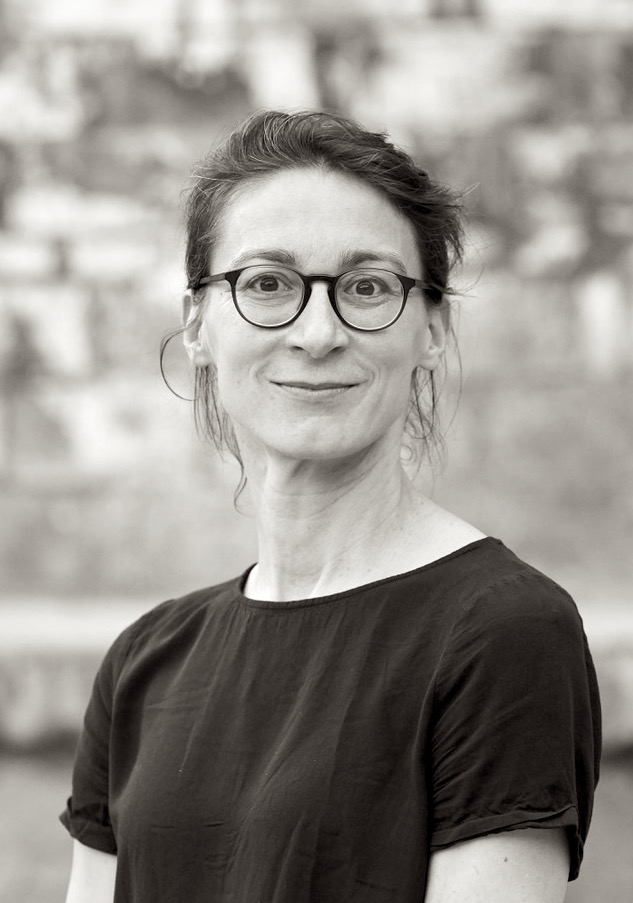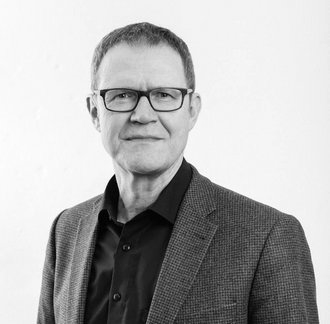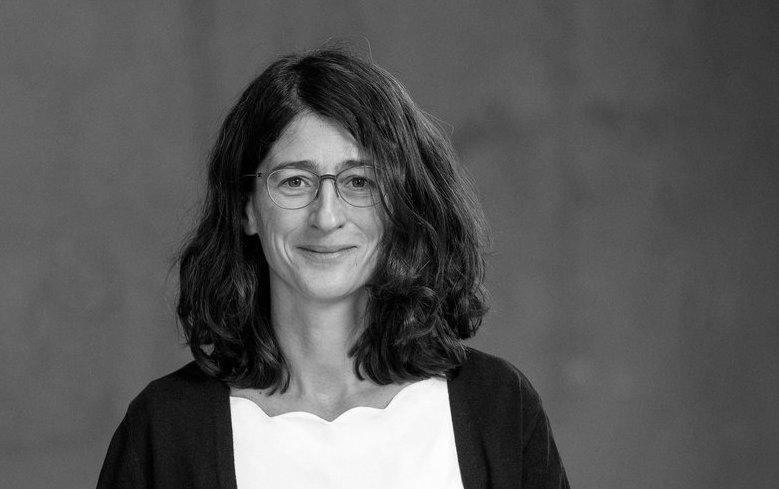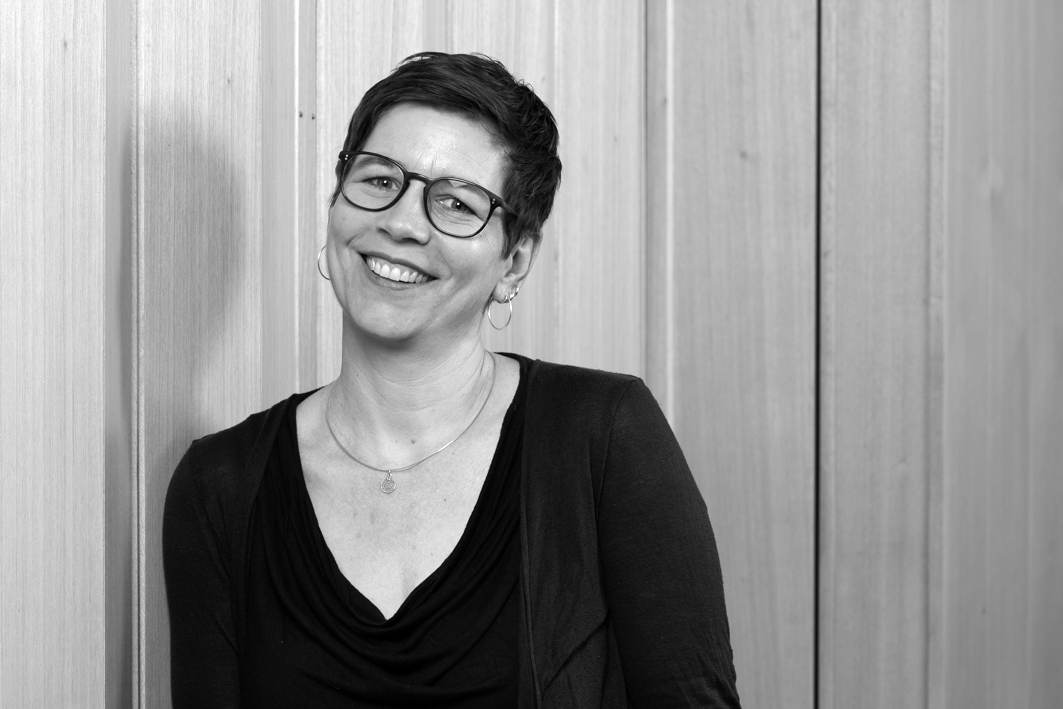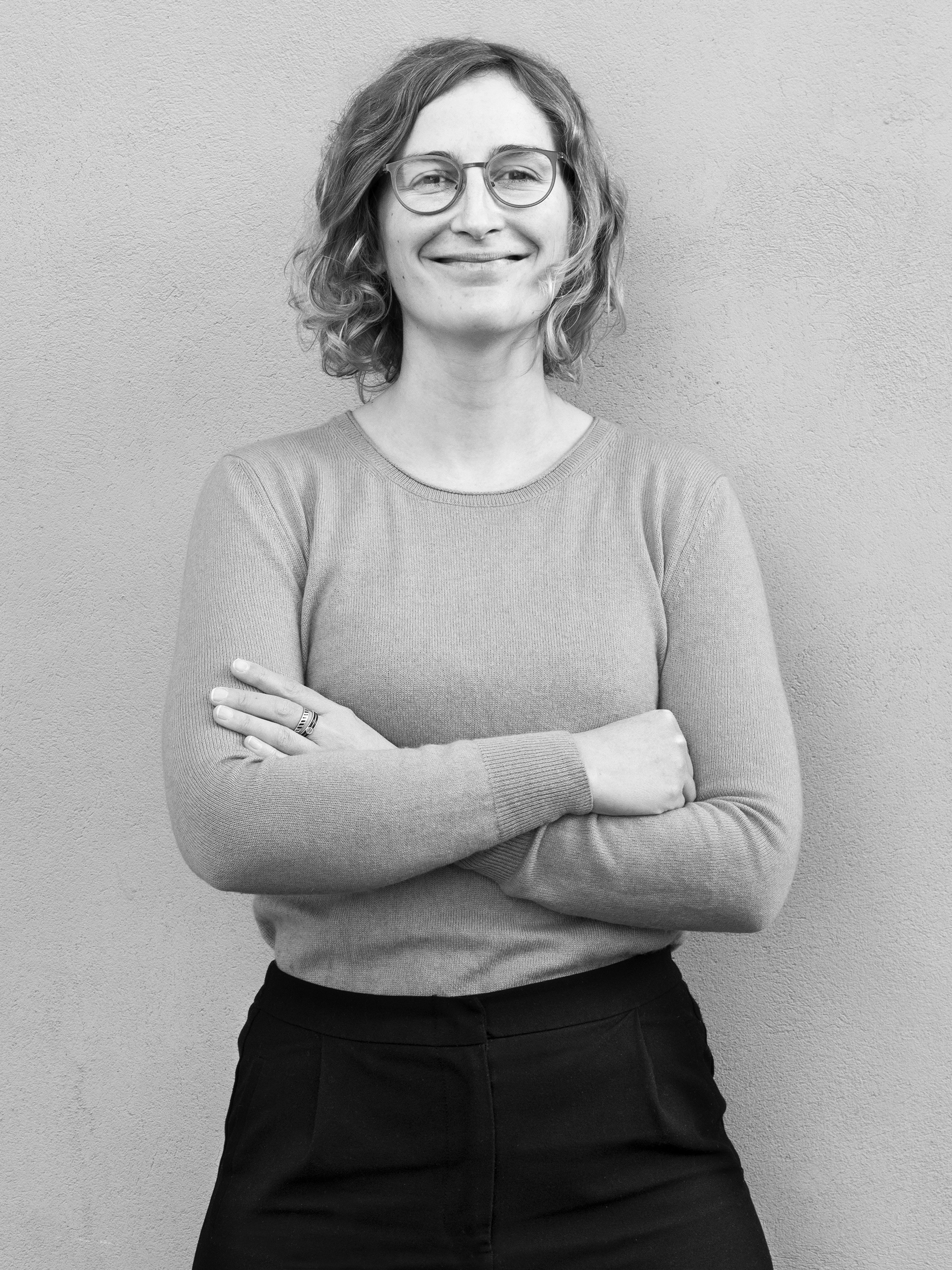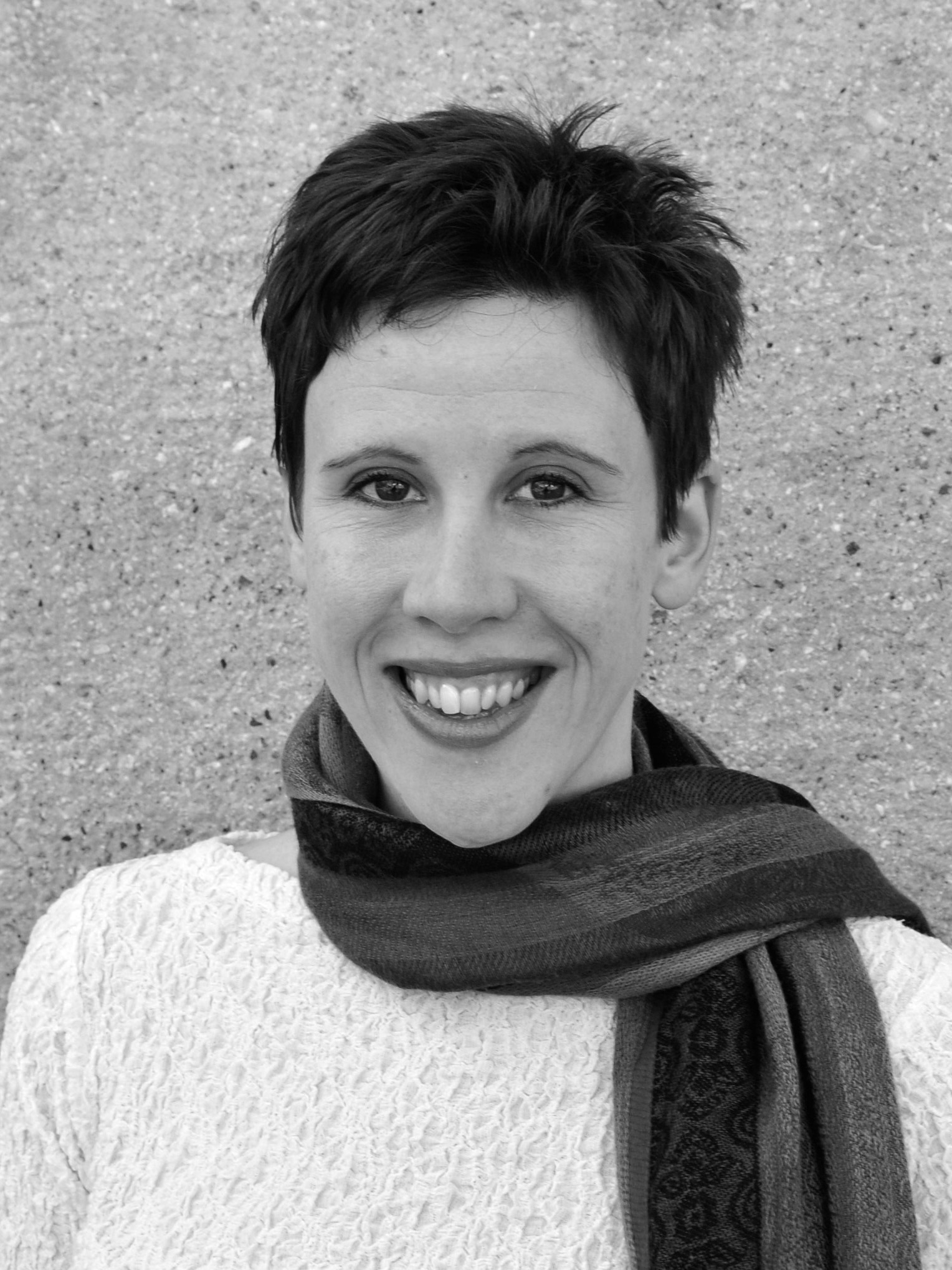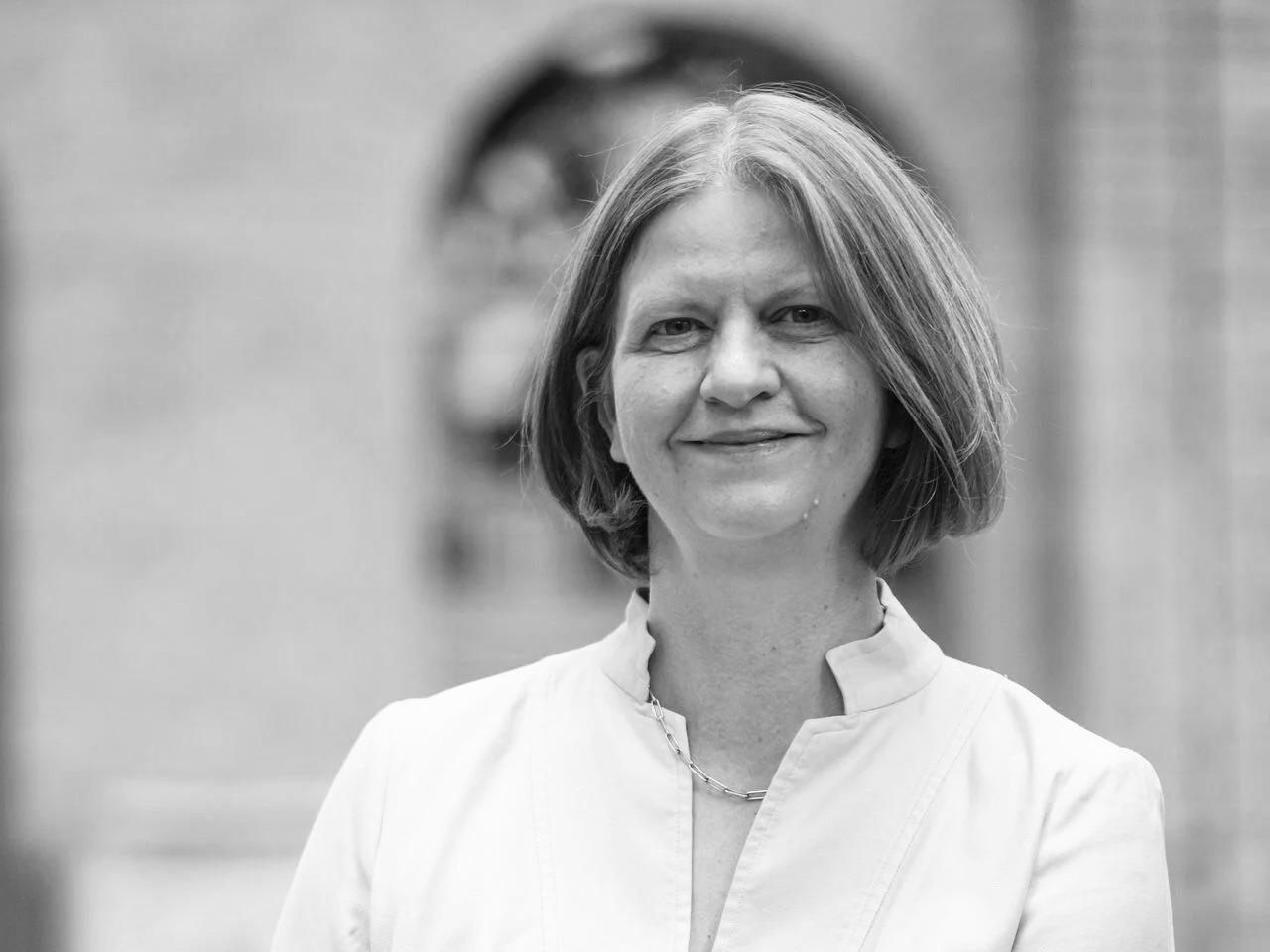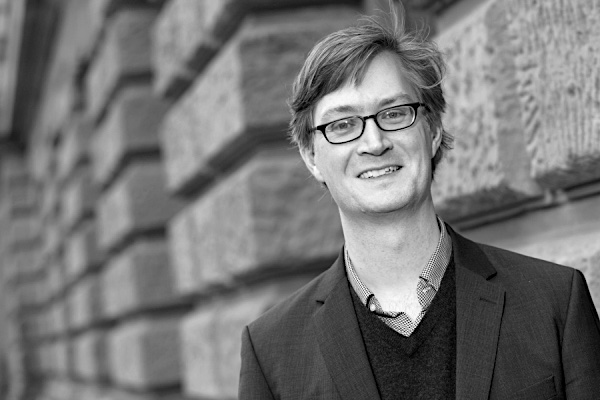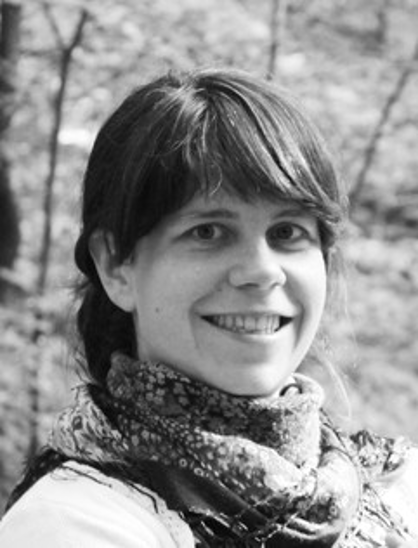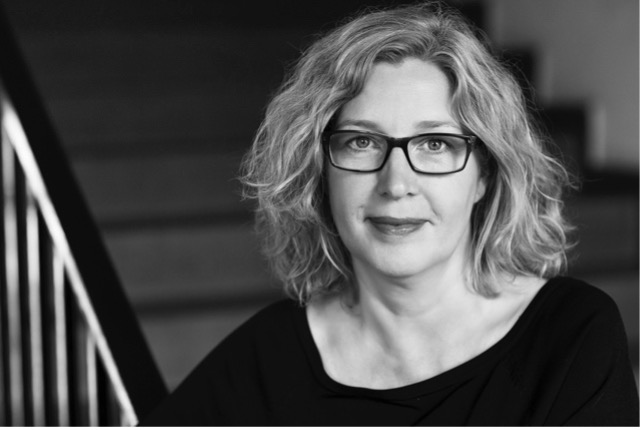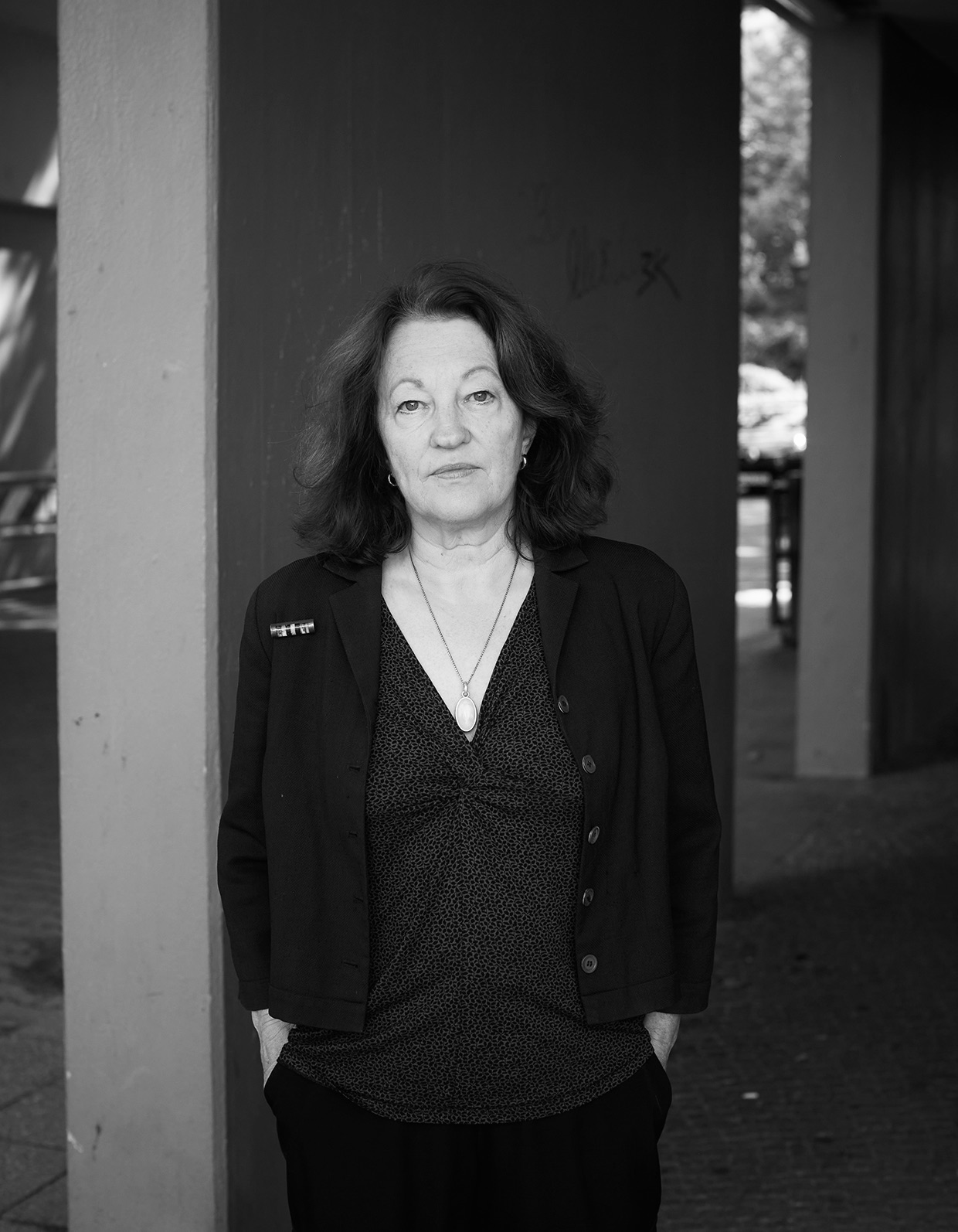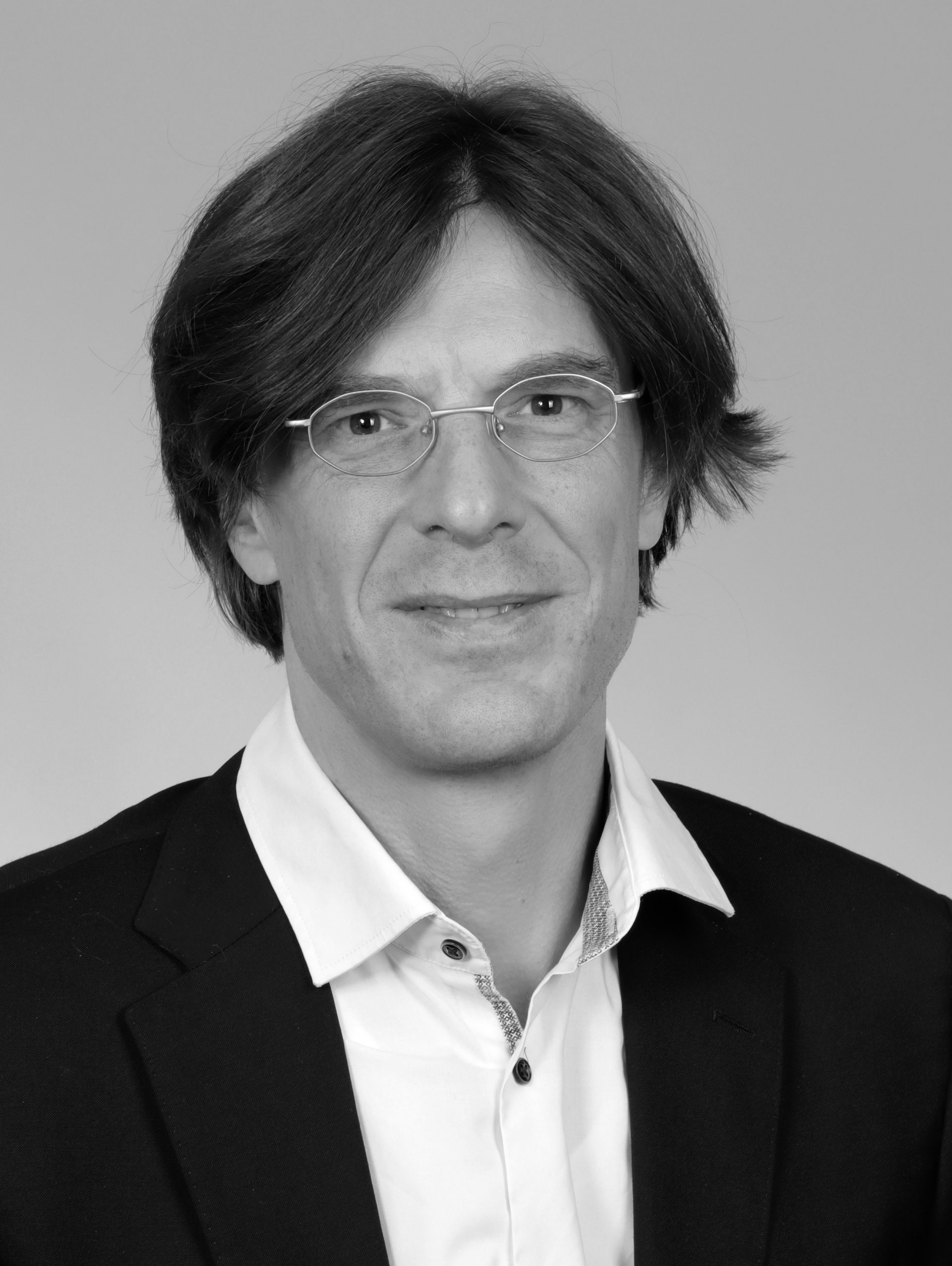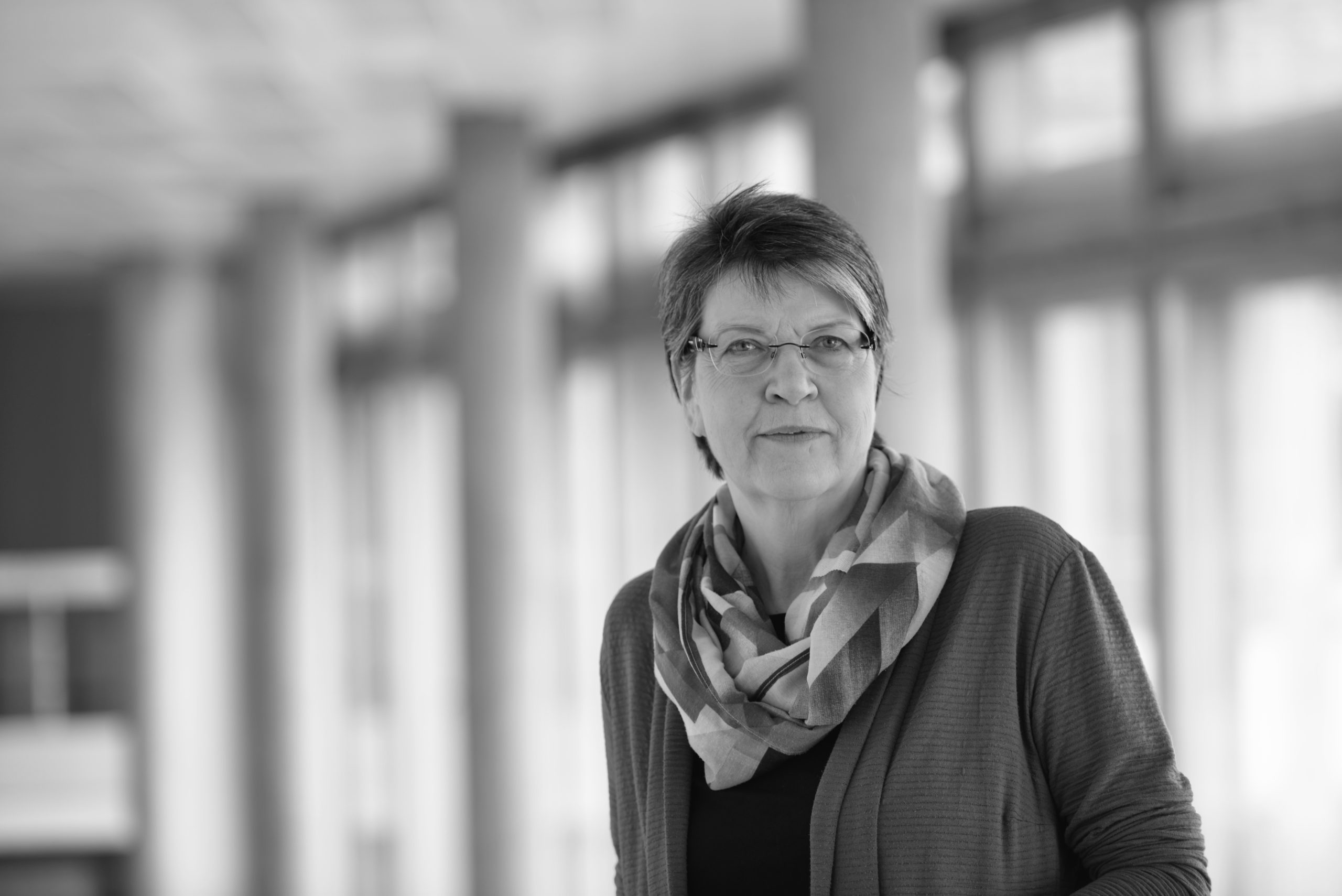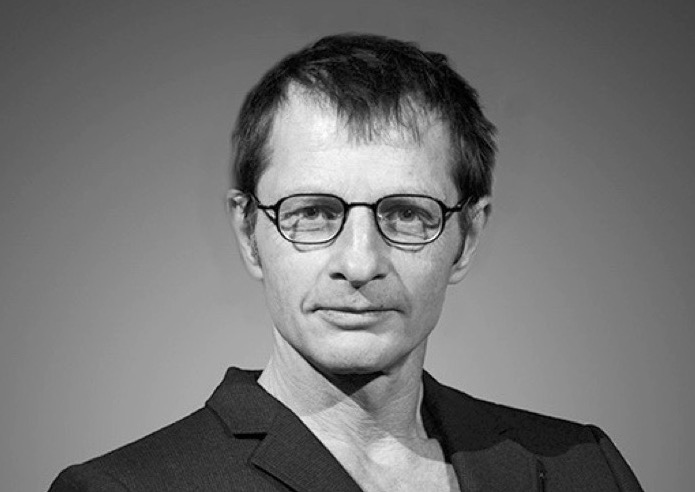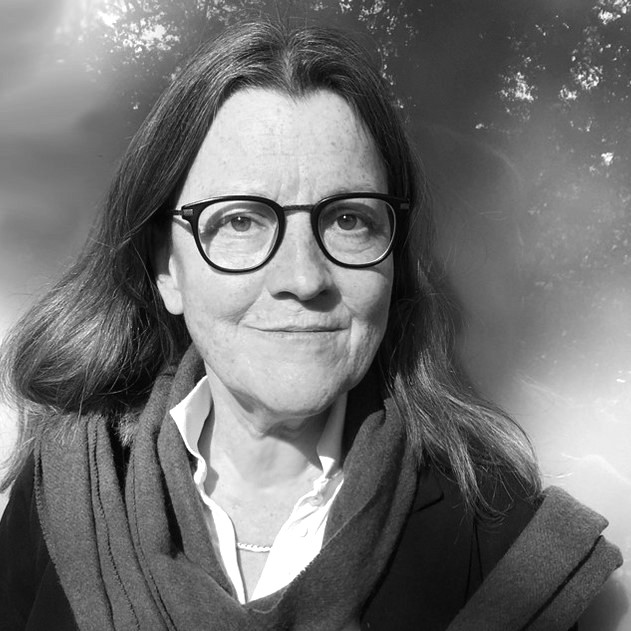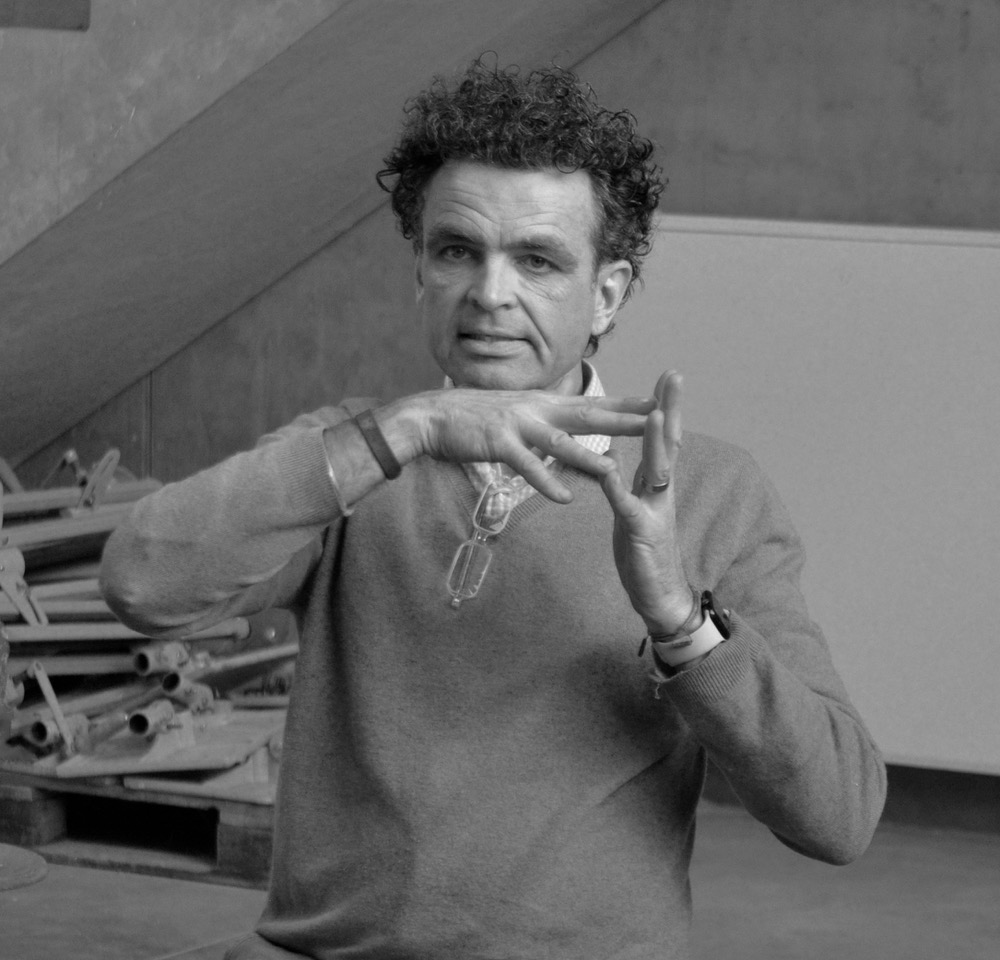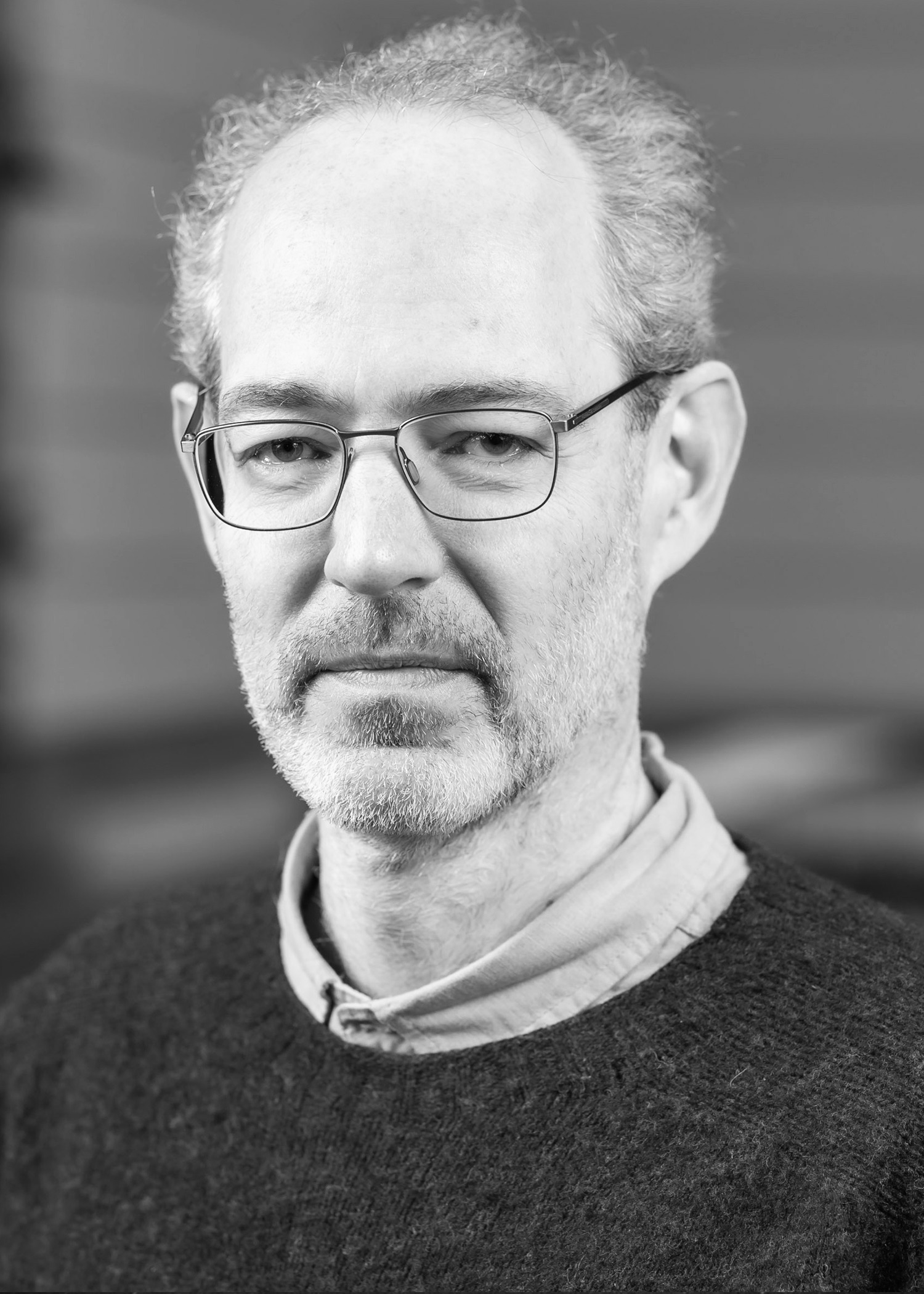
He studied architecture, history and art history in Braunschweig, Edmonton and Florence. 1994 diploma in architecture. 1995 Master’s intermediate examination in art history. 1995 accepted for graduate funding by the state of Lower Saxony. Research assistant at the TU Braunschweig. 1998 Doctorate in Braunschweig on Roman-early modern church facades (summa cum laude). 1998-2002 Architectural assistant and research associate at the Bibliotheca Hertziana, Max Planck Institute for Art History in Rome. Society of Architectural Historians Annual Meeting Fellowship 2001. From 2002 scientific director of the research project “Knowledge History of Architecture” on the part of the Bibliotheca Hertziana (cooperation with the Max Planck Institute for the History of Science, Berlin). Edoardo Benvenuto Prize / Premio Edoardo Benvenuto 2006. 2006-2014 Lectureship at the TU Vienna. 2007-2016 Research Associate at the Bibliotheca Hertziana. Co-editor of the scientific journal “Construction History. Journal “Construction History. International Journal of the Construction History Society” (peer-reviewed) and member of the Society’s Board of Directors (since 2013). Member of the Scientific Committees of the “International Congresses on Construction History” (Cambridge 2006, Cottbus 2009, Paris 2012, Chicago 2015, Brussels 2018, Lisbon 2021). Cooperation project with the Beijing Tsinghua Institute for Digitization (THID) on the Western Buildings in the Old Summer Palace Yuanmingyuan in Beijing. 2015 Habilitation in “History of Architecture” at TU Vienna with a thesis on the role of practical building knowledge in architectural culture in early modern and modern Italy. 2014-2016 Visiting professor at TU Vienna.
Since 2017 university professor for Bau- und Stadtbaugeschichte at the TU Berlin. Cooperation projects with Tsinghua University, Beijing and the Ethnological Museum, Berlin on paper models of the Qing dynasty and with the Institut de France on Leonardo da Vinci and building construction. Since 2020, corresponding member of the German Archaeological Institute and member of the International Scientific Committee of the scientific journal “Opus Incertum”. Journal “Opus Incertum” (University of Florence, peer-reviewed). Since 2021 DFG project “baureka.online – research data portal for historical building research” in cooperation with RWTH Aachen and FIZ Karlsruhe.
Main research interests: Early modern architecture in Italy, China-Europe, history of knowledge of architecture, history of building technology, history of architecture of the 20th and 21st century.
Obituary: Prof. Hermann Schlimme (†)
